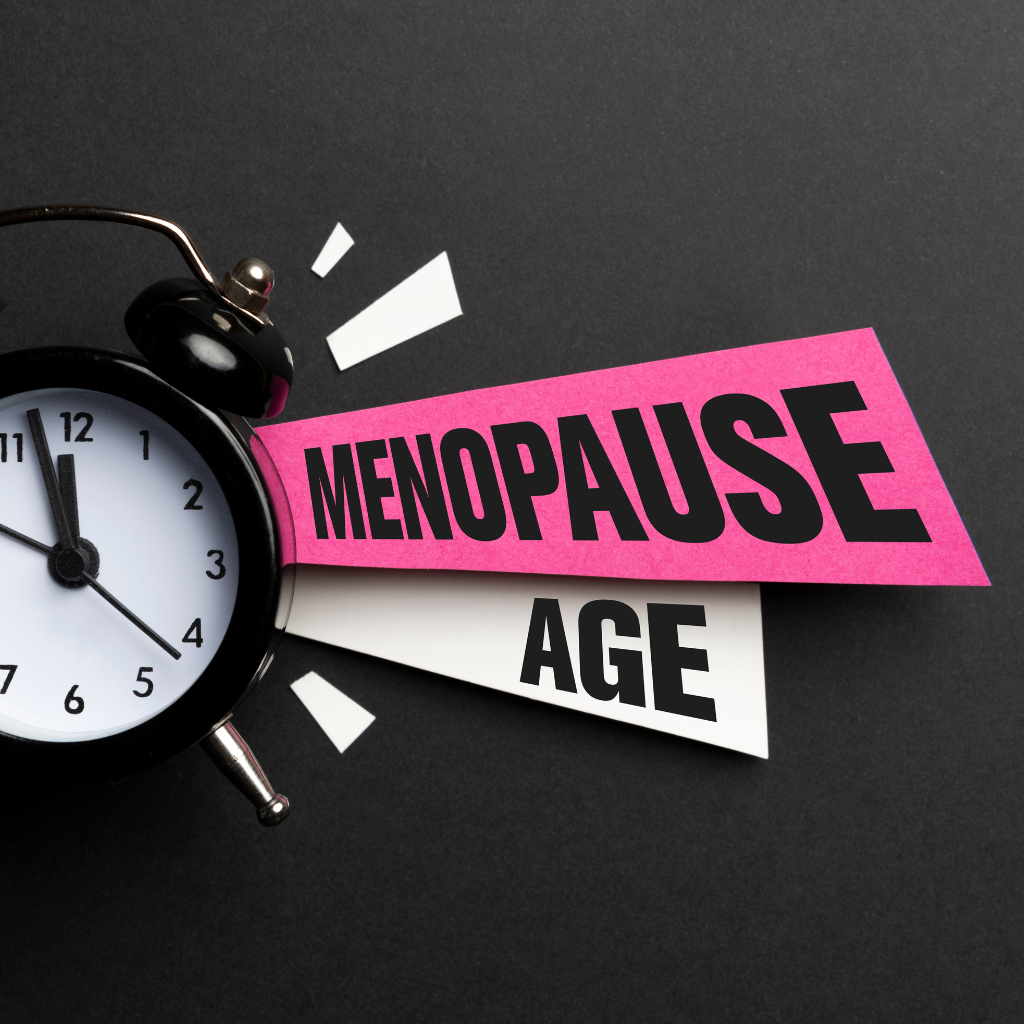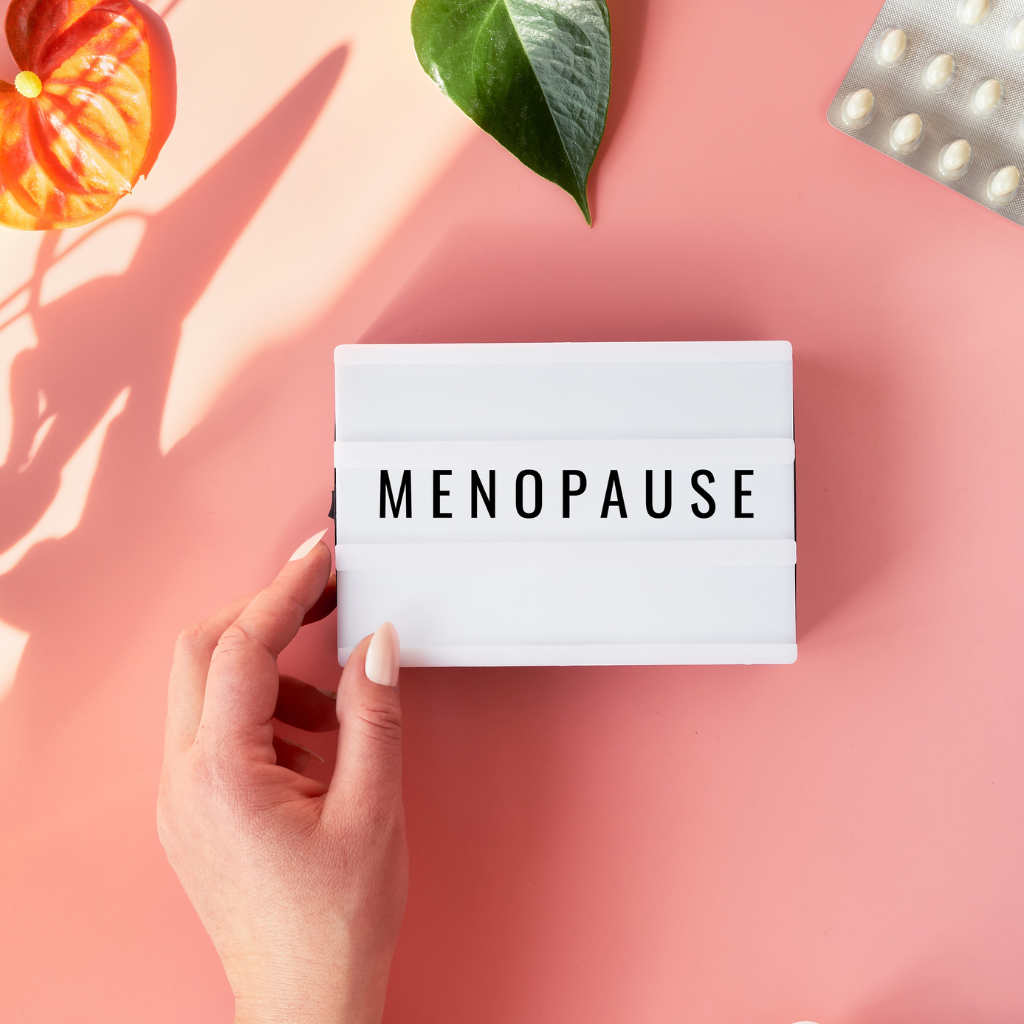Welcome to “Unlocking the Secrets of Menopause: A Woman’s Guide to Thriving”. Menopause is a natural and inevitable part of every woman’s life, but it can be a challenging time that brings with it a host of physical and emotional changes.
Although it is a natural progression, it can be difficult for women to navigate this stage of life and find the best ways to manage symptoms and maintain their overall health. In this blog, we’ll explore the ins and outs of menopause, from understanding the biology behind it to finding the best treatments and lifestyle changes to help you thrive during this transition.
So, whether you’re just starting to experience symptoms or you’re already in the midst of menopause, this guide is here to help you understand what’s happening to your body and provide you with the tools you need to take control of your health and well-being.
Understanding Menopause
Menopause is a natural biological process that marks the end of a woman’s reproductive years. It generally occurs between the ages of 45 and 55 but can happen earlier or later. During menopause, the ovaries stop producing eggs and the body produces less estrogen and progesterone.
This decrease in hormones can cause a range of physical and emotional symptoms, including hot flashes, night sweats, mood swings, vaginal dryness, and sleep disturbances. These symptoms can be mild or severe and last a few months to several years. It’s important to understand that menopause is a normal part of aging and that every woman’s experience is unique.

Some women may experience few symptoms, while others may find them debilitating. It’s also important to note that menopause does not necessarily mean the end of a woman’s sexual or reproductive life. There are many ways to manage the symptoms of menopause, including lifestyle changes, such as eating a healthy diet, staying active, and getting enough rest.
Hormone therapy and other medications can also be effective in reducing symptoms. If you’re experiencing symptoms of menopause, it’s important to find a menopause treatment clinic in Memphis for consultation. They can help you understand your options and develop a plan that works for you.
Tips To Manage Menopause Symptoms
Menopause can be a challenging time for many women, but there are things you can do to manage the symptoms and feel your best. Here are 10 tips to help you manage menopause symptoms:
1. Exercise can help reduce hot flashes and improve mood.
2. A balanced diet can help manage weight gain and boost overall health.
3. Drinking plenty of water can help with dry skin and vaginal dryness.
4. Good sleep habits can reduce fatigue and improve mood.
5. Dressing in layers can help you stay comfortable when experiencing hot flashes.
6. Meditation or deep breathing can help reduce stress and anxiety.
7. Certain supplements, such as black cohosh or evening primrose oil, may help reduce symptoms.
8. HRT can be an effective treatment for severe symptoms.
9. Your doctor can help you find the best treatment options for your specific symptoms.
10. Joining a support group or talking to friends and family can help you cope with the emotional side of menopause.
Who Is Most At Risk For Menopause Symptoms?
Menopause is a natural process that all women go through, but some women are more likely to experience symptoms than others.

Here are some factors that can increase the risk of menopause symptoms:
1. Age: Women over the age of 45 are more likely to experience menopause symptoms.
2. Genetics: Women with a family history of early menopause are more likely to experience symptoms at a younger age.
3. Smoking: Smoking can increase the risk of hot flashes and other menopause symptoms.
4. Chemotherapy or radiation therapy: Women who have undergone chemotherapy or radiation therapy may experience premature menopause and more severe symptoms.
5. Hysterectomy: Women who have had a hysterectomy may experience menopause symptoms earlier than usual.
6. Ethnicity: Women of certain ethnicities, such as African American and Hispanic, are more likely to experience menopause symptoms.
7. Lifestyle factors: Poor diet, lack of exercise, and high stress levels can increase the risk of menopause symptoms.
If you are at increased risk for menopause symptoms, it is important to take steps to manage them and maintain your health.
Thriving During Menopause: What You Need To Know
Menopause is a natural and inevitable process that all women go through. While it can be a challenging time, there are things you can do to manage symptoms and maintain your health. By staying active, eating a healthy diet, and engaging in self-care, you can thrive during menopause and enjoy this new phase of life.

Remember to talk to your doctor about any concerns you may have and seek their advice on the best course of action. With the right tools and mindset, you can navigate menopause with grace and emerge feeling stronger and more resilient than ever before.
Are Menopause Symptoms Hereditary?
Yes, they can be. Genetics play a role in determining when menopause will occur and the type and severity of symptoms experienced.
Are Menopause Symptoms Permanent?
No, menopause symptoms are not permanent. They usually last for a few years but may continue for longer in some women.
Are Menopause Symptoms Similar To Pregnancy?
Some menopause symptoms, such as fatigue and mood changes, can be similar to those experienced during pregnancy. However, other symptoms, like hot flashes, are unique to menopause.
Can Menopause Cause High Blood Pressure?
Yes, menopause can cause high blood pressure due to hormonal changes and aging. It’s important to monitor your blood pressure regularly and speak with your doctor if you have concerns.
Can Menopause Cause Depression?
Yes, menopause can cause depression due to hormonal changes and other factors. It’s important to seek help if you’re experiencing symptoms of depression.
Can Menopause Cause Weight Loss?
Weight gain is more common during menopause, but some women may experience weight loss due to changes in metabolism. However, it’s important to maintain a healthy diet and exercise regularly.
What Age Did Menopause Start?
The average age for menopause is 51, but it can occur anywhere between ages 40 and 60.
Do Menopause Symptoms Last Forever?
No, menopause symptoms typically last for a few years but may continue for longer in some women. It’s important to speak with your doctor if you’re experiencing persistent symptoms.
What Happens If Menopause Goes Untreated?
Untreated menopause can increase the risk for certain health conditions like osteoporosis and heart disease. It’s important to speak with your doctor about managing symptoms and maintaining overall health.
How Does Menopause Affect Relationships?
Menopause can affect relationships due to changes in mood, sex drive, and physical symptoms like hot flashes. Communication and support from partners can help manage these changes.
Best Menopause Treatment Clinic In Memphis – Poplar Avenue Clinic
If you’re looking for the best menopause treatment clinic in Memphis, you might want to check out the Poplar Avenue Clinic. They offer a range of services to help women manage the symptoms of menopause, including hormone replacement therapy, nutrition counseling, and more.
Their team of experienced healthcare professionals is dedicated to providing personalized care that addresses each patient’s unique needs. So if you’re struggling with hot flashes, night sweats, mood swings, or other menopause-related symptoms, the Poplar Avenue Clinic might be able to help.

